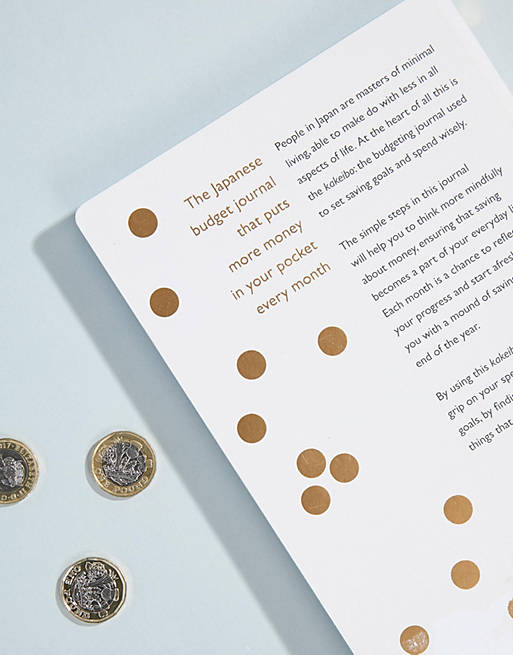Frugal living is a lifestyle focused on saving money and being more resourceful with spending. By adopting frugal habits, individuals can make smarter financial decisions and live within their means.
This article delves into the key principles of frugal living and provides practical tips for incorporating frugality into everyday life. Frugal living is a way of life that prioritizes saving money and making wise financial choices. It involves being resourceful, avoiding unnecessary expenses, and living within one’s means.
By embracing frugal habits, individuals can achieve financial stability and avoid the burden of debt. This article explores the fundamental principles of frugal living and offers practical advice on how to adopt a more frugal lifestyle. Whether you’re looking to cut back on expenses, pay off debts, or simply be more mindful of your spending, the tips and strategies provided here will help you achieve your financial goals while maintaining a healthy and balanced lifestyle.

Credit: www.amazon.com
Benefits Of Frugal Living
Frugal living offers numerous benefits that contribute to financial stability, reduced stress, and a positive environmental impact.
- Financial stability: By adopting a frugal lifestyle, individuals can prioritize their spending, focus on saving money, and avoid unnecessary debt.
- Reduced stress: Living frugally promotes the practice of mindful spending, allowing individuals to have a better grasp on their financial situation and reducing financial stress.
- Positive environmental impact: Frugal living encourages the conscious use of resources, supporting sustainable practices such as recycling, reducing waste, and minimizing energy consumption.

Credit: www.asos.com
Creating A Budget
Assessing your income and expenses is the first step in creating a budget for frugal living. Begin by calculating your monthly income, including wages, salaries, and any additional sources of income. Identify your fixed expenses, such as rent or mortgage payments, utilities, and insurance. Next, evaluate your variable expenses, such as groceries, dining out, entertainment, and transportation costs. This evaluation will help you identify areas where you can cut back and save.
Once you have assessed your income and expenses, you can set financial goals. Determine what you want to achieve, whether it’s saving for a down payment on a house, paying off debt, or building an emergency fund. Setting clear and achievable goals will provide you with motivation and direction throughout your financial journey.
To effectively manage your budget, it’s crucial to track your spending. Keep a record of every expense, no matter how small. This will help you identify areas where you may be overspending and enable you to make necessary adjustments. Utilize technology tools such as expense tracking apps or spreadsheets to make this process easier.
By following these steps, you can create a budget that aligns with your financial goals and supports a frugal lifestyle.
Tips For Saving Money
Frugal living is all about finding ways to save money and cut down on expenses. Here are some tips for saving money that you can start implementing today.
Cutting down on monthly bills is a great way to save money. Look for ways to reduce your utility bills by conserving energy. Turn off lights and unplug devices when you’re not using them. Consider replacing old appliances with more energy-efficient models.
Shopping smart is another way to save money. Look for sales, discounts, and coupons before making a purchase. Compare prices online and in-store to get the best deal. Consider buying generic brands instead of name brands, as they’re often cheaper and just as good.
Meal planning and cooking at home can also help you save money. Plan your meals for the week and make a grocery list before you go shopping. Cook meals in bulk and freeze leftovers for later. Pack your lunch instead of eating out.
By implementing these frugal living tips, you can start saving money and gaining control of your finances.

Credit: www.facebook.com
Building An Emergency Fund
In today’s unpredictable world, having an emergency fund is essential. It provides a financial safety net for unexpected events such as job loss, medical emergencies, or car repairs. By having a cushion to fall back on, you can have peace of mind and avoid relying on credit cards or loans.
Setting savings goals is the first step towards building an emergency fund. Assess your monthly expenses and determine how much you can save. Make saving a priority by setting aside a fixed amount from each paycheck or finding ways to cut back on expenses.
Next, implement saving strategies to reach your goals faster. Look for areas where you can save, such as reducing unnecessary spending, cooking at home instead of eating out, or buying in bulk. Track your progress and celebrate small victories along the way.
Remember, an emergency fund is an investment in your future. It provides financial security and allows you to handle unexpected situations without added stress. Start building your emergency fund today!
Conclusion
Living a frugal lifestyle isn’t just about saving money—it’s about embracing a more intentional way of life. By prioritizing needs over wants and making conscious choices, you can create a happier and more fulfilling existence. Frugal living allows you to reduce debt, build savings, and live within your means.
With numerous practical tips and strategies, you can make small changes that will have a big impact on your financial well-being. Start your frugal journey today and experience the freedom that comes with living a simpler and more purposeful life.





